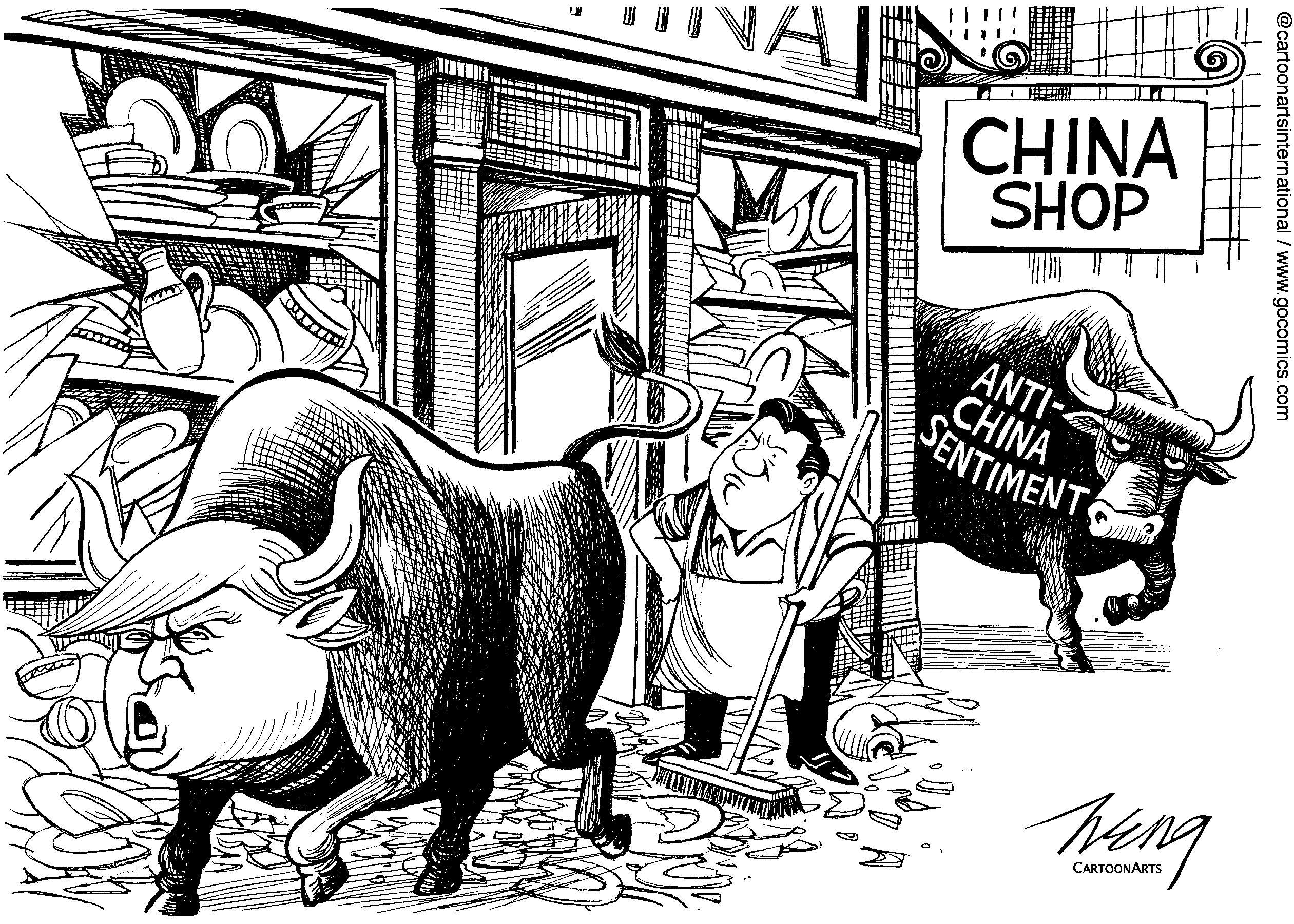Devising an effective strategy to compete, cooperate, and co-exist with China will be one of U.S. President-elect Joe Biden’s toughest foreign-policy challenges. And over the next two months, Sino-American relations are almost certain to get worse.
On the eve of the election, President Donald Trump openly blamed China for the COVID-19 pandemic that was going to doom his second term and made thinly veiled threats. Now that he is about to exit the White House, Trump will likely approve more punitive measures to vent his anger and to bind the hands of Biden’s incoming administration. Even if China refrains from responding in kind to Trump’s parting shots, some of which may be too painful or humiliating for it to swallow, the U.S.-China relationship that Biden inherits could be damaged beyond repair.
Given the current strong antipathy toward China among much of the U.S. political establishment and the public alike, Biden is unlikely to change the fundamental tenets of Trump’s China policy. China will remain America’s foremost geopolitical adversary, and containing its rise will be the organizing principle of U.S. foreign policy for the foreseeable future.



















With your current subscription plan you can comment on stories. However, before writing your first comment, please create a display name in the Profile section of your subscriber account page.